self improve
How to Practice Mindfulness Meditation

How to Practice Mindfulness Meditation. A Guide for Beginners 2024.Mindfulness meditation is a powerful tool for improving mental clarity, reducing stress, and enhancing overall well-being. Here are some key strategies to help you practice mindfulness meditation effectively.
1.Find a Quiet Space

Finding a quiet space is essential for mindfulness meditation. Choose a location where you can sit comfortably without being disturbed. A peaceful environment helps you focus better and creates a calming atmosphere.
2. Sit Comfortably

Sitting comfortably is important for a successful meditation session. Sit in a chair with your feet flat on the ground or cross-legged on a cushion. Keep your back straight, hands resting on your lap, and relax your shoulders.
3. Focus on Your Breath

Focusing on your breath is a central element of mindfulness meditation. Close your eyes and take a few deep breaths to relax. Then, breathe naturally and pay attention to the sensation of your breath entering and leaving your nostrils or the rise and fall of your chest.
4. Be Present

Being present means fully engaging with the current moment. Notice the sensations in your body, the sounds around you, and any thoughts or emotions that arise. Acknowledge these without judgment and gently return your focus to your breath.
5. Practice Non-Judgment

Practicing non-judgment involves observing your thoughts and feelings without labeling them as good or bad. This helps cultivate a neutral awareness and reduces the tendency to get caught up in negative thinking patterns.
6. Start with Short Sessions

Starting with short sessions makes meditation more manageable for beginners. Begin with just 5-10 minutes per day and gradually increase the duration as you become more comfortable with the practice.
7. Use Guided Meditations

Using guided meditations can be helpful, especially if you’re new to mindfulness. Apps and online resources offer a variety of guided sessions that can provide structure and support as you learn to meditate.
8. Be Consistent

Consistency is key to reaping the benefits of mindfulness meditation. Try to meditate at the same time each day to build a routine. Regular practice helps reinforce the habit and enhances its positive effects on your well-being.
9. Incorporate Mindfulness into Daily Activities
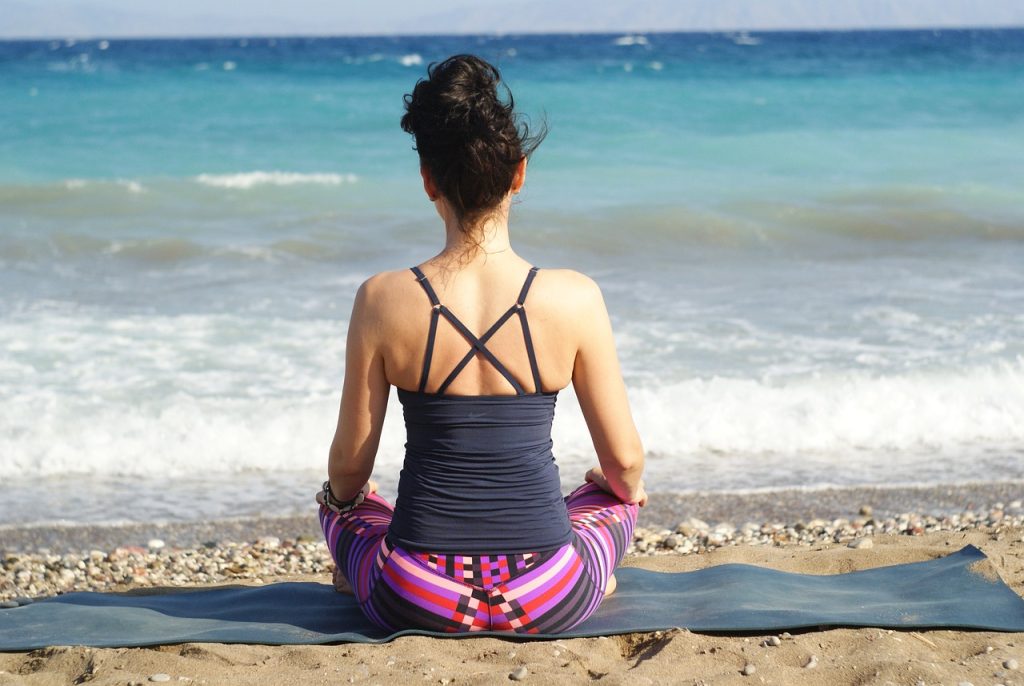
Incorporating mindfulness into daily activities can extend the benefits beyond your meditation sessions. Practice being mindful while eating, walking, or doing chores by fully engaging with the task at hand and noticing the sensations and experiences involved.
10. Be Patient with Yourself

Being patient with yourself is crucial as you develop your meditation practice. It’s normal for your mind to wander or for you to feel restless at times. Gently bring your focus back to your breath and remind yourself that mindfulness is a skill that improves with practice.
Mindfulness meditation is a valuable practice that can enhance your mental and emotional well-being. By finding a quiet space, sitting comfortably, focusing on your breath, and being present, you can start your journey towards mindfulness. Practicing non-judgment, starting with short sessions, using guided meditations, being consistent, incorporating mindfulness into daily activities, and being patient with yourself are all essential strategies for effective mindfulness meditation. Begin your practice today and experience the transformative power of mindfulness.How to Practice Mindfulness Meditation?
Push-type Self-defense Key Chain
buy nowhttps://proshop.wed2c.com/s/25k3VuNJfrH
More article :https://collabshop.store/wp-admin/post.php?post=212&action=edit

self improve
How to Boost Self-Confidence 2024
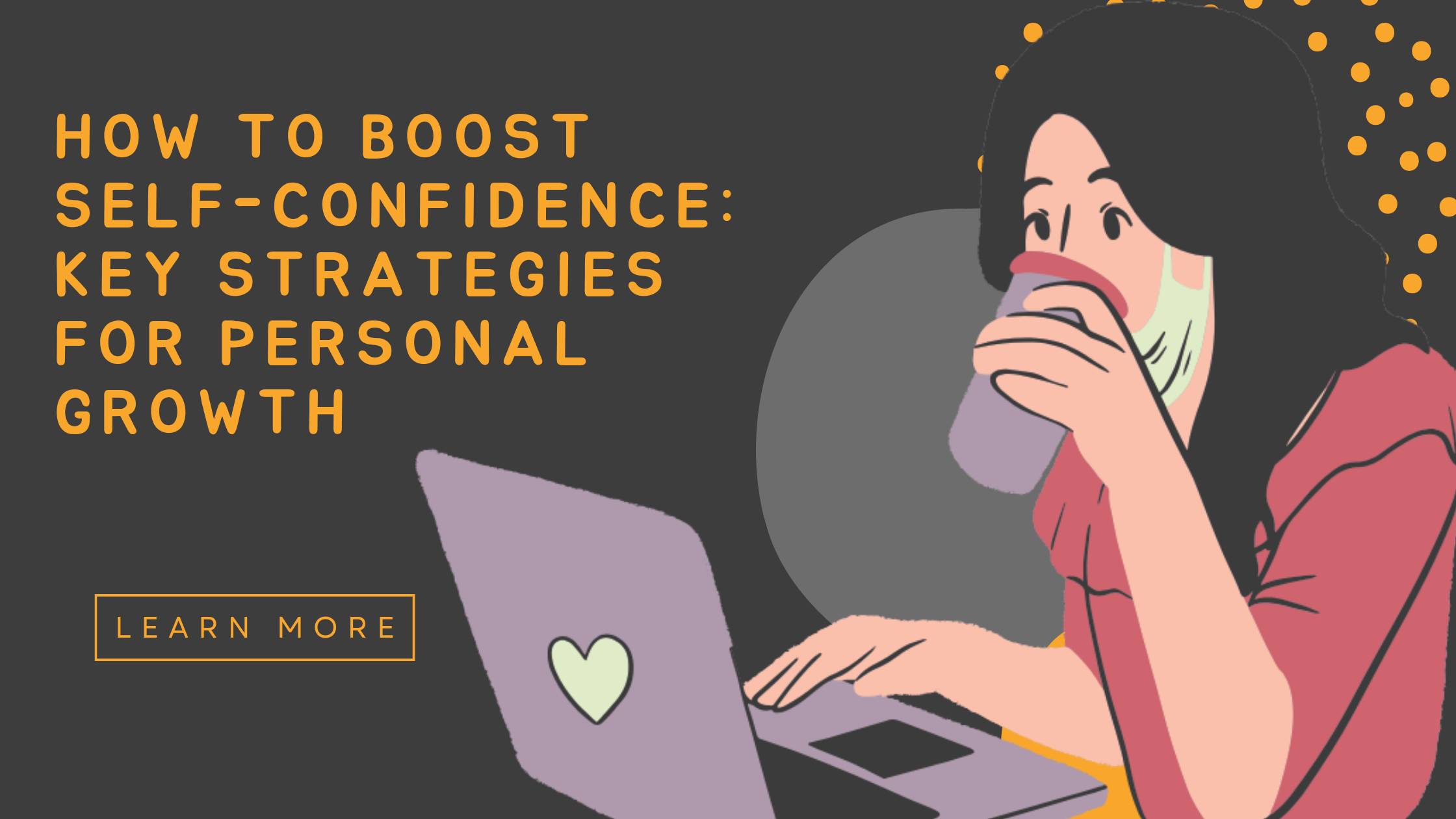
Self-confidence is crucial for success in both personal and professional life. Here are some key strategies to help you boost your self-confidence effectively.
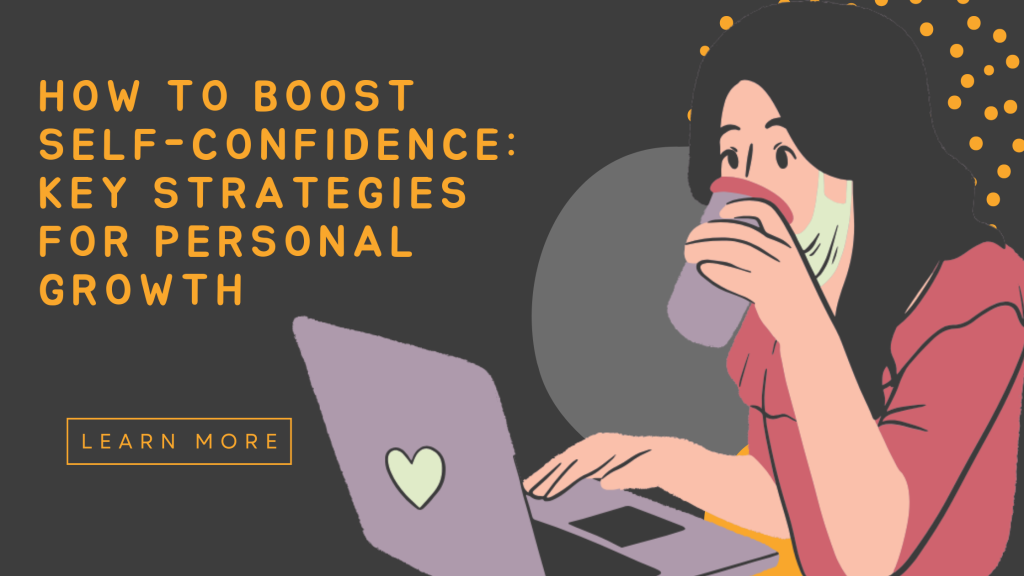
Set Achievable Goals
Setting achievable goals can build self-confidence as you accomplish each target. Break down larger goals into smaller, manageable steps. Celebrate your progress to reinforce a positive self-image and encourage further achievements.
2. Embrace Positive Self-Talk
Embracing positive self-talk involves replacing negative thoughts with affirmations. Remind yourself of your strengths and past successes. Positive self-talk can reduce self-doubt and increase your belief in your abilities.
3. Practice Self-Care
Practicing self-care is essential for maintaining high self-confidence. Prioritize activities that improve your physical, mental, and emotional well-being. Regular exercise, adequate sleep, and healthy eating can significantly enhance your self-esteem.
4. Develop New Skills
Developing new skills boosts self-confidence by expanding your abilities and knowledge. Engage in continuous learning through courses, workshops, or hobbies. Mastering new skills demonstrates your capability to adapt and grow.
5. Face Your Fears
Facing your fears helps build resilience and self-assurance. Identify your fears and take small steps to confront them. Overcoming challenges, even minor ones, strengthens your confidence and prepares you for bigger obstacles.
6. Surround Yourself with Positive People
Surrounding yourself with positive people creates a supportive environment that nurtures self-confidence. Engage with friends, family, and mentors who uplift and encourage you. Positive relationships can inspire and motivate you to achieve your goals.
7. Reflect on Past Successes
Reflecting on past successes reinforces your belief in your capabilities. Keep a journal of your achievements and revisit them when you feel uncertain. Recognizing your accomplishments can provide a confidence boost during challenging times.
8. Improve Your Body Language
Improving your body language can positively influence how others perceive you and how you feel about yourself. Stand tall, make eye contact, and use open gestures. Confident body language can enhance your self-assurance and communication skills.
9. Step Out of Your Comfort Zone
Stepping out of your comfort zone promotes growth and confidence. Take on new challenges and experiences that push your boundaries. Each successful step outside your comfort zone strengthens your confidence and broadens your horizons.
10. Seek Feedback and Act on It
Seeking feedback and acting on it helps you understand your strengths and areas for improvement. Constructive feedback from trusted sources provides valuable insights. Use this information to make positive changes and enhance your self-confidence.
Boosting self-confidence is a journey that requires consistent effort and practice. By setting achievable goals, embracing positive self-talk, practicing self-care, developing new skills, and facing your fears, you can enhance your self-assurance. Surrounding yourself with positive people, reflecting on past successes, improving your body language, stepping out of your comfort zone, and seeking feedback are all vital strategies for building and maintaining high self-confidence. Start incorporating these strategies into your daily life to unlock your full potential and achieve your goals.
Read morehttps://collabshop.store/wp-admin/post.php?post=250&action
Stylish Brown Leopard Print Sel Defense Keychain Set
buy nowhttps://proshop.wed2c.com/s/25k3VuNJfs4

self improve
How to Improve Yourself: Key Strategies for Personal Growth
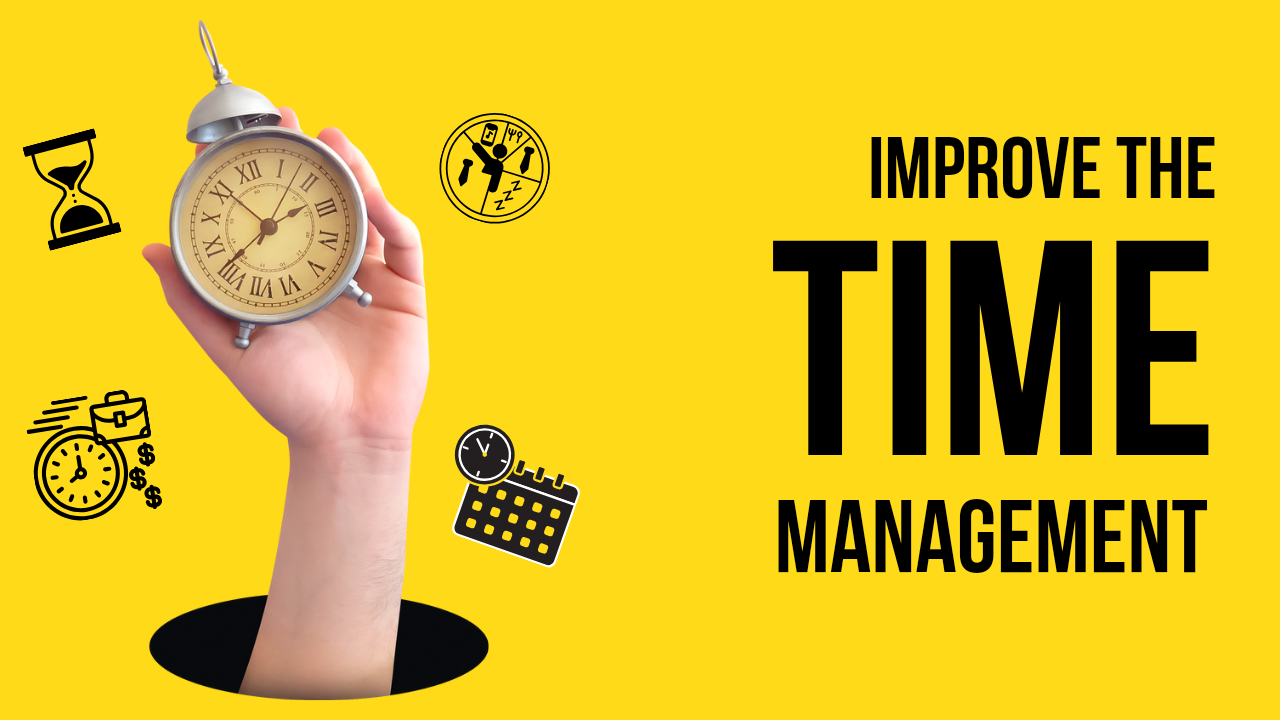
How to Improve Yourself: Key Strategies for Personal Growth. yourself is a continuous journey that involves enhancing your skills, mindset, and overall well-being. Here are some essential strategies to help you improve yourself effectively.
1. Set Clear Goals

Setting clear goals is fundamental to personal development. Define specific, measurable, achievable, relevant, and time-bound (SMART) goals to give your efforts direction and purpose. Clear goals provide motivation and a roadmap for your improvement journey.
2. Embrace Lifelong Learning
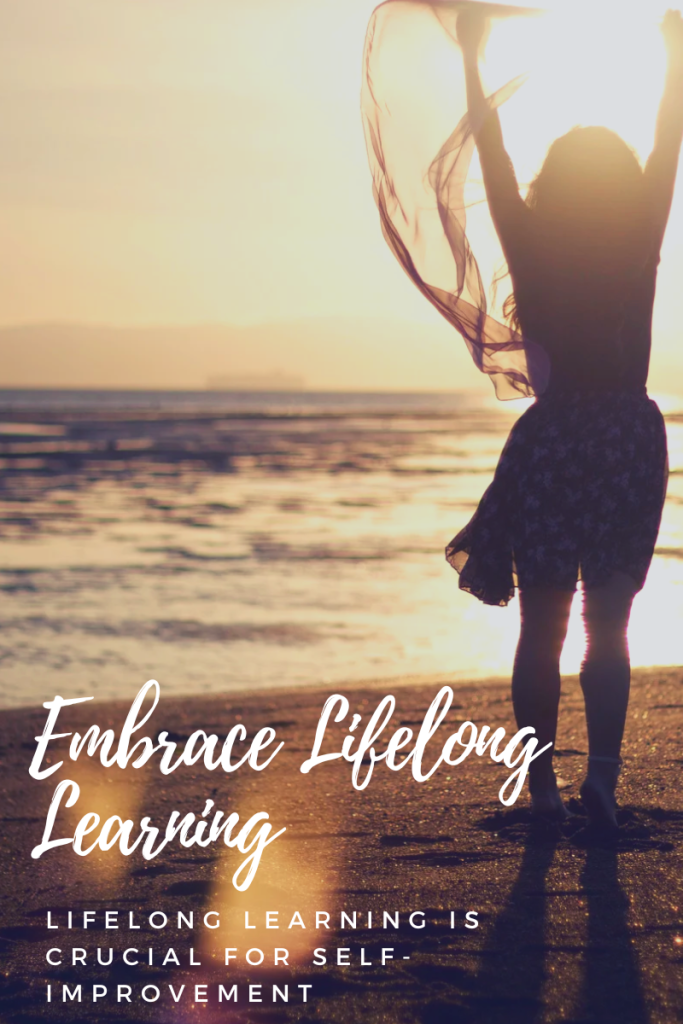
Lifelong learning is crucial for self-improvement. Engage in online courses, workshops, and seminars to acquire new knowledge and skills. Reading books, listening to podcasts, and watching educational videos can also contribute significantly to your personal growth.
3. Cultivate a Positive Mindset
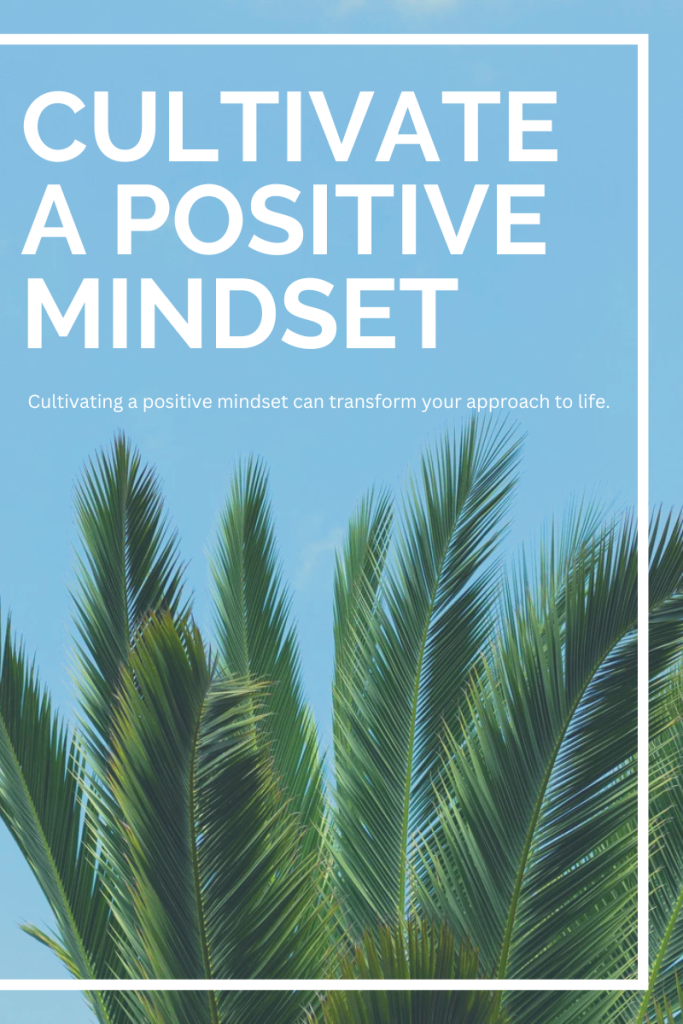
Cultivating a positive mindset can transform your approach to life. Practice gratitude, focus on your strengths, and replace negative thoughts with positive affirmations. A positive mindset enhances resilience and helps you tackle challenges more effectively.
4. Prioritize Health and Wellness
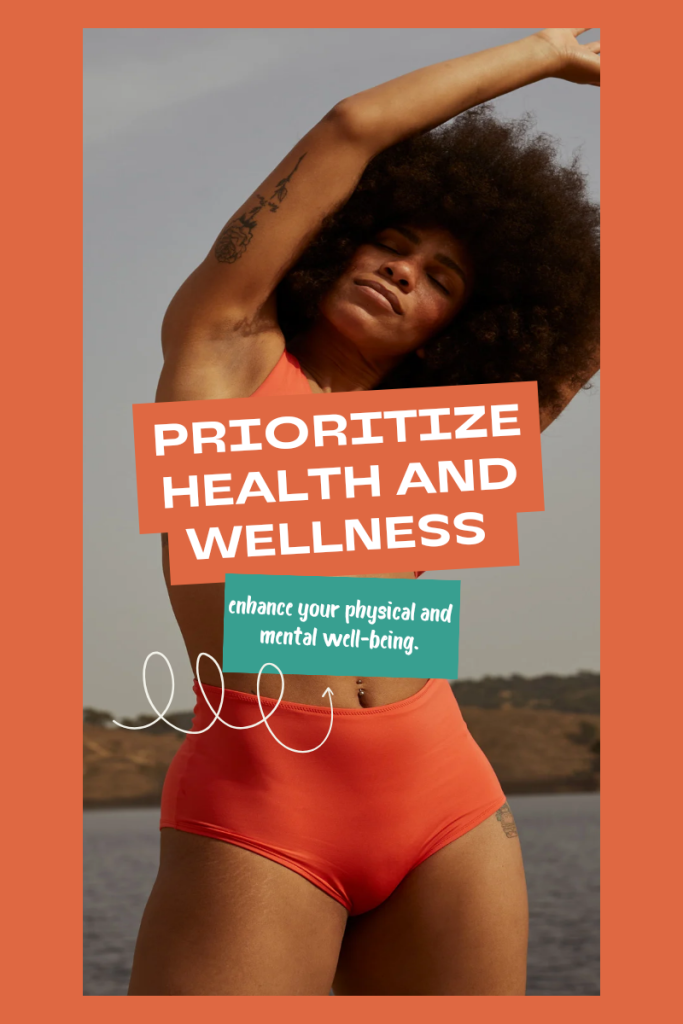
Prioritizing health and wellness is essential for overall improvement. Maintain a balanced diet, exercise regularly, and ensure adequate sleep. Manage stress through techniques like meditation, yoga, and deep-breathing exercises to enhance your physical and mental well-being.
5. Improve Time Management
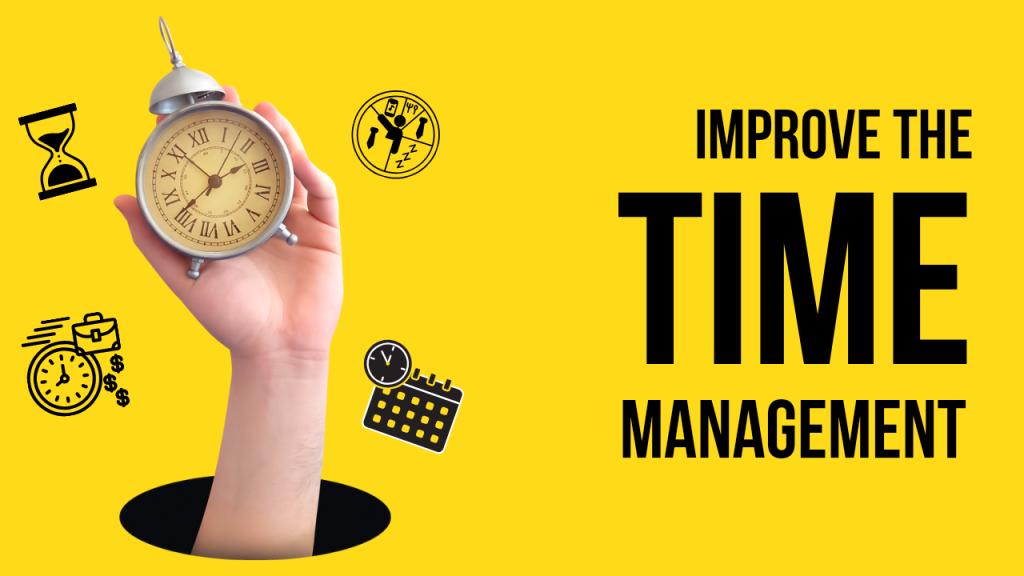
Effective time management allows you to maximize productivity. Use planners, calendars, and to-do lists to organize your tasks. Prioritize activities that align with your goals and eliminate time-wasting habits to make the most of your day.
6. Enhance Communication Skills
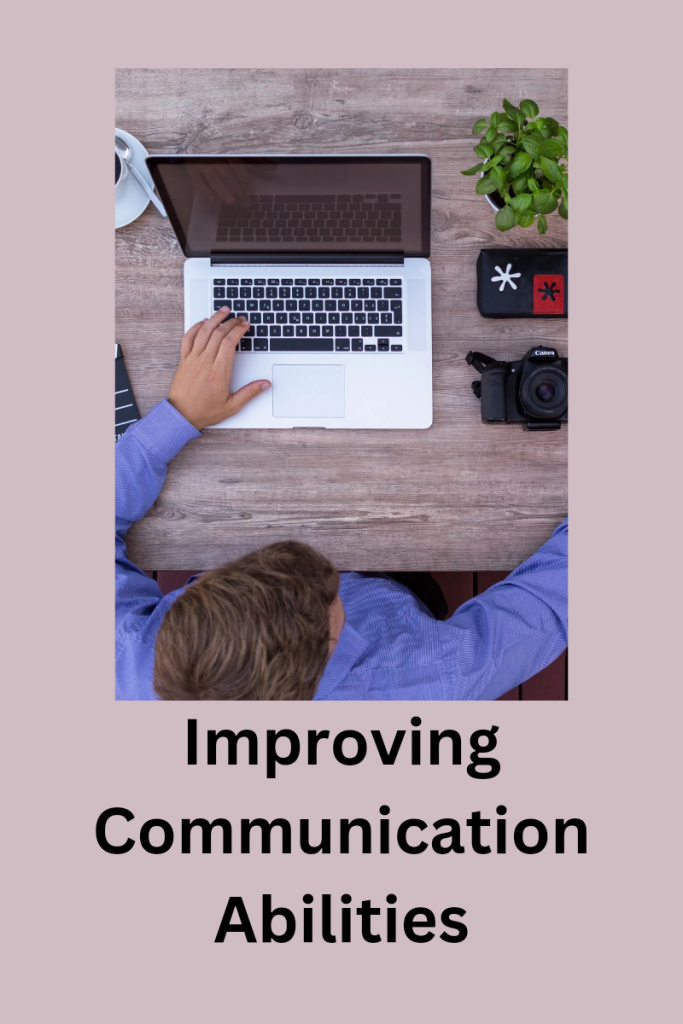
Improving communication skills is vital for personal and professional success. Practice active listening, maintain eye contact, and be mindful of your body language. Clear and effective communication fosters better relationships and helps you express your ideas confidently.
7. Build Strong Relationships

Building strong relationships with family, friends, and colleagues provides a vital support system. Invest time in nurturing these relationships, show empathy, and be a good listener. Positive and supportive connections can significantly boost your self-improvement efforts.
8. Develop New Skills
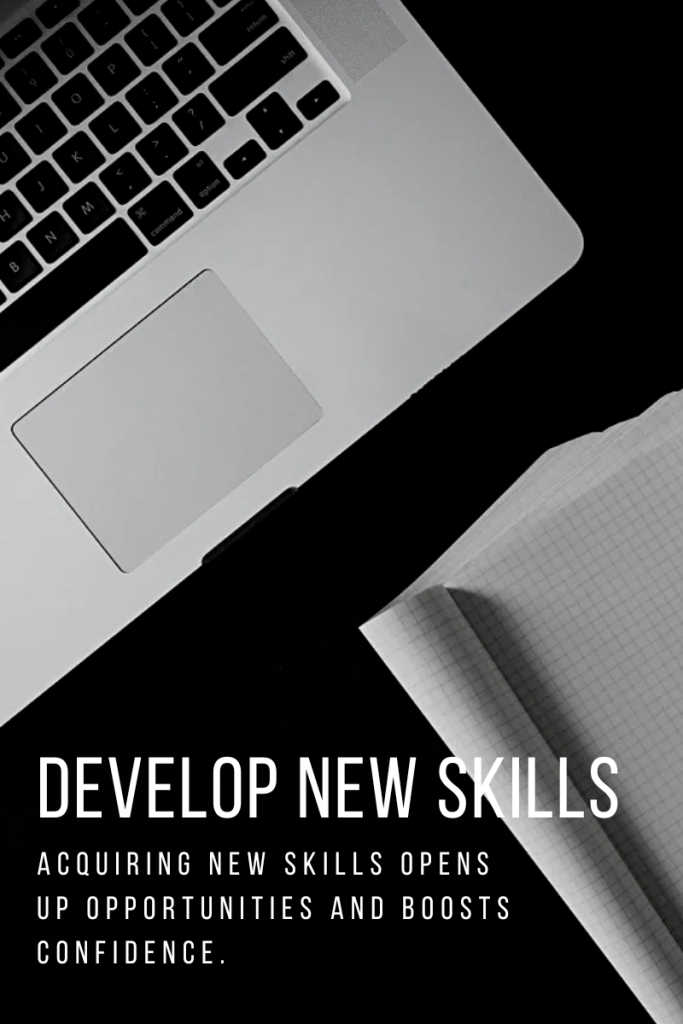
Acquiring new skills opens up opportunities and boosts confidence. Identify skills relevant to your goals and dedicate time to learning them. Whether it’s learning a new language, mastering an instrument, or developing technical skills, continuous skill development is key to growth.
9. Practice Self-discipline
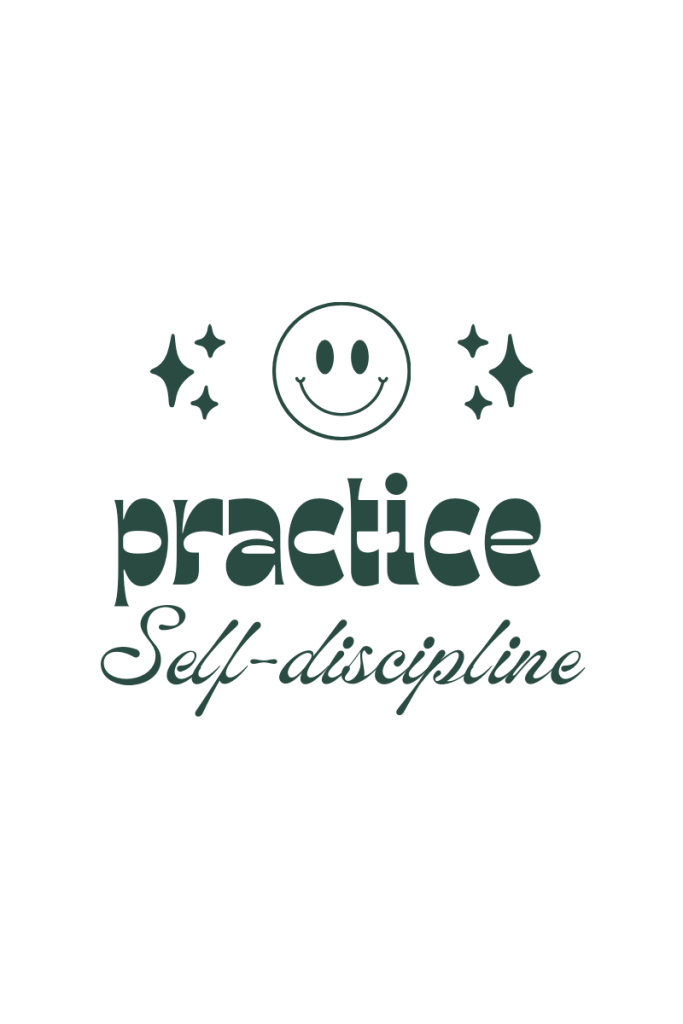
Practicing self-discipline is essential for achieving your goals. Develop good habits, set routines, and stay committed to your plans. Overcoming procrastination and maintaining focus can lead to significant progress in your self-improvement journey.
10. Reflect and Adapt

Regular reflection helps you evaluate your progress and identify areas for improvement. Take time to review your achievements and setbacks, and adjust your strategies accordingly. Being adaptable and open to change ensures continuous growth and development.
Improving yourself is a lifelong journey that requires dedication, effort, and a proactive approach.Here are some essential strategies to help you improve yourself effectively.How to Improve Yourself: Key Strategies for Personal Growth By setting clear goals, embracing lifelong learning, maintaining a positive mindset, and prioritizing health and wellness, you can enhance various aspects of your life. Effective time management, strong communication skills, nurturing relationships, acquiring new skills, practicing self-discipline, and regular reflection are all crucial elements of self-improvement. Start your journey today and unlock your full potential.
Wake-Up Light Simulated Sunrise Electronic Alarmhttps://proshop.wed2c.com/s/25kFFpAhpGG

httread more article https://collabshop.store/wp-admin/post.php?post=170&action=edit
-
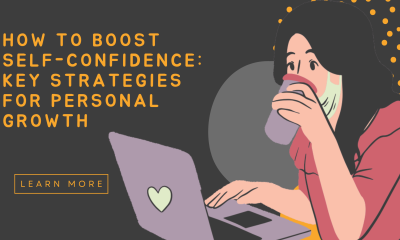
 self improve11 months ago
self improve11 months agoHow to Boost Self-Confidence 2024
-

 Most visit11 months ago
Most visit11 months agoWhy You Should Visit Bangladesh
-
Father day11 months ago
Celebrating Father’s Day: Honoring the Heroes in Our Lives
-

 self improve11 months ago
self improve11 months agoHow to Improve Yourself: Key Strategies for Personal Growth
-

 Most visit11 months ago
Most visit11 months agoThe Best Places to Visit in India 2024

